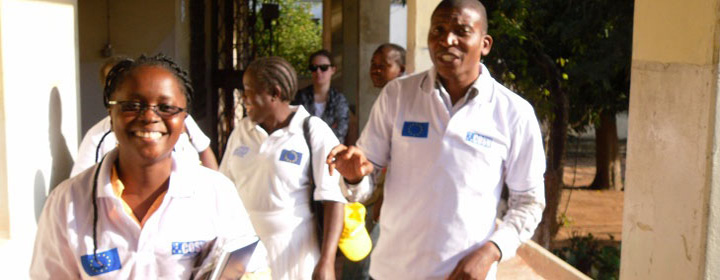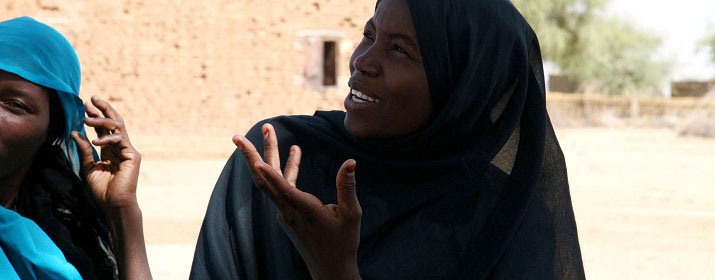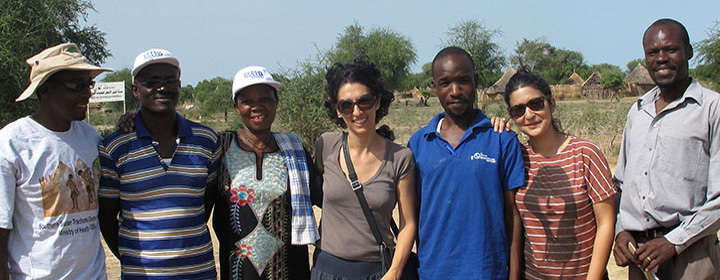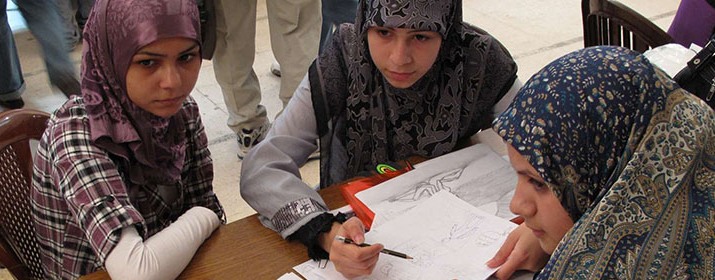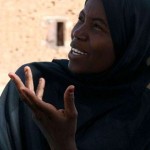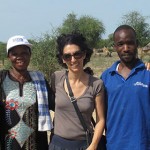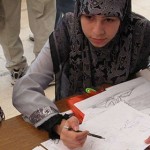Sprouts for the Future. Nurturing Green and Digital Job Opportunities in Mozambique is an initiative aimed at (OG) contributing to promote employment opportunities and micro, small and medium-sized enterprises development in Zambezia, one of the country’s most populous provinces.
With more than 2 million NEETs and a youth participation rate in technical and vocational programs of less than 1%, Mozambique remains one of the poorest countries in the world (185th in the Human Development Index 2022). In Zambezia, data show that 79% of those employed are self-employed without employees, and in 2011, for the entire province, there were only 177 job openings. Support for entrepreneurship is thus the path to employment, but it is crucial (OS) to strengthen the link between vocational training and employment, with a view to the inclusion of youth and women and a focus on two sectors that can offer great opportunities: green transition and digital.
Sprouts for the Future strengthens public technical and vocational training offer in the agricultural sector (TVET) in Zambezia, responding more accurately and up-to-date to market skill needs, including those related to the digital transition (R1).
Certifying the skills of provincial trainers, launching courses on digital, short vocational courses also in the form of mobile brigades and providing 100 scholarships, it will increase the % of youth benefiting from quality, job-oriented programs. In addition, the Action supports and structures enterprises and MPIs in the province (R2), prioritizing youth entrepreneurship.
Building on INEP’s national good practices, a Green Incubator will be installed at IFPELAC-IP in Quelimane, with training programs in entrepreneurship and access to credit, for business development in the green and digital fields.
The best 100 ideas will be accelerated with KITS within the national program MeuKitMeuEmprego. Fundamental are activities to strengthen access to professional opportunities and economic empowerment for women and girls (R3). Through a top-down and bottom-up approach, including the draft of a Gender Equity Policy at INEP-IP and IFPELAC-IP, scholarships and other support for girls, and community involvement with awareness raising actions, 400 girls will be directly involved and 1,800 people sensitized, with the expectation that the % of time they spend on economic activities will increase.
The Consortium is composed of COSV – an Italian NGO that has been present in Zambezia for more than 25 years and has global experience in social impact business development; Enaip net – an Italian social enterprise active in Mozambique with vocational training programs; DEVELHOPE, an Italian enterprise with a focus on ICT and entrepreneurship; the national institutions IFPELAC-IP and INEP-IP; and the grassroots organization AMUDZA, active on gender in Zambezia.

